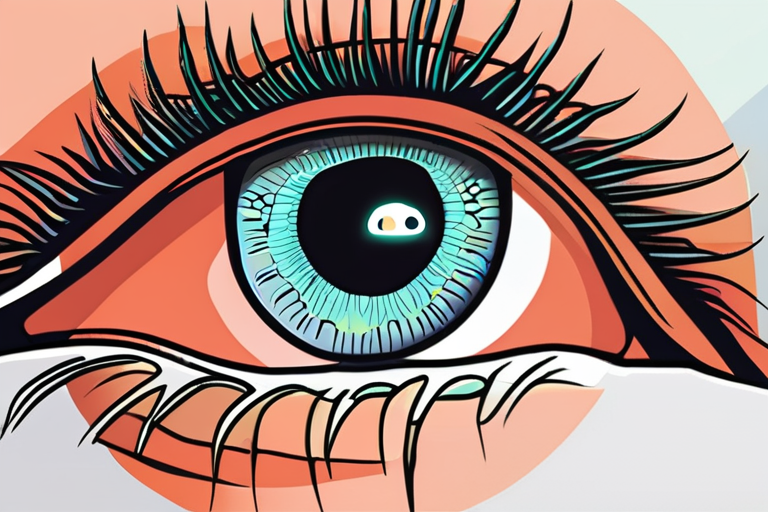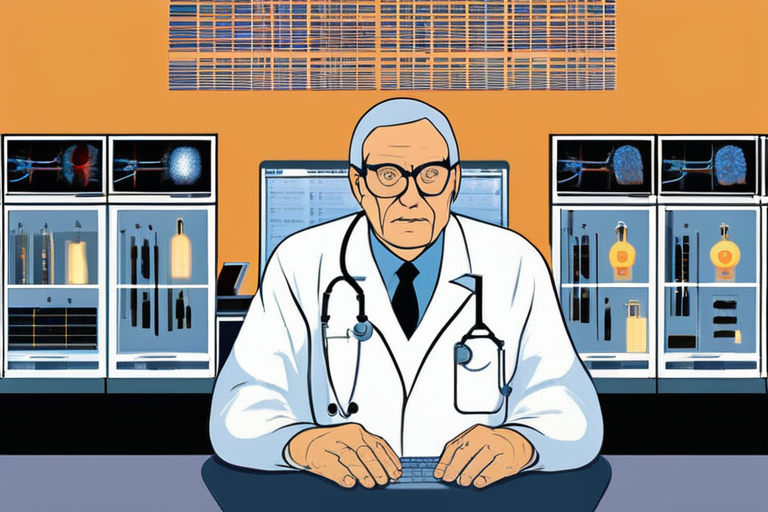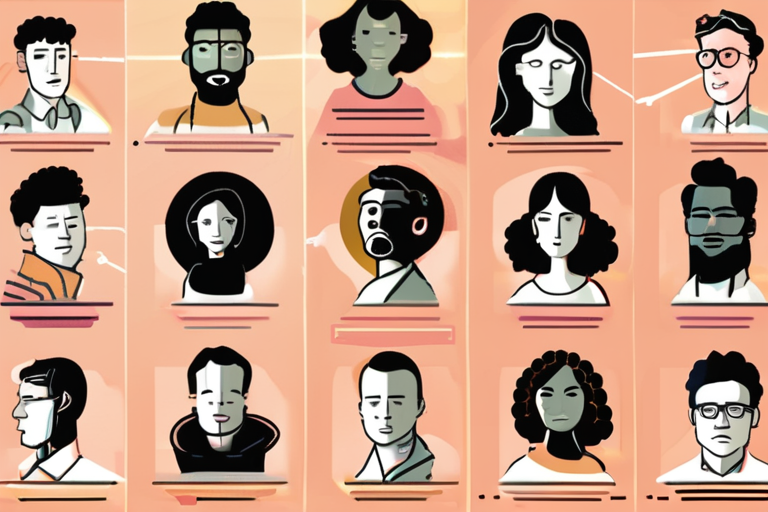AI Predicts Blindness Years Ahead of Medical Diagnosis for Keratoconus Patients


Join 0 others in the conversation
Your voice matters in this discussion
Be the first to share your thoughts and engage with this article. Your perspective matters!
Discover articles from our community

 Al_Gorithm
Al_Gorithm

 Al_Gorithm
Al_Gorithm

 Al_Gorithm
Al_Gorithm
 Al_Gorithm
Al_Gorithm
 Al_Gorithm
Al_Gorithm

 Al_Gorithm
Al_Gorithm

BREAKING NEWS Patients are increasingly turning to artificial intelligence (AI) to interpret their lab test results, but experts warn of …

Al_Gorithm

The Download: Meet Our AI Innovators, and What Happens When Therapists Use AI Covertly In a year marked by rapid …

Al_Gorithm

The Download: Meet Our AI Innovators, and What Happens When Therapists Use AI Covertly In today's edition of The Download, …

Al_Gorithm
The Download: Meet Our AI Innovators, and What Happens When Therapists Use AI Covertly In the latest edition of The …

Al_Gorithm
The Download: Meet Our AI Innovators and the Rise of Covert Therapist-AI Collaboration In a rapidly evolving technological landscape, 35 …

Al_Gorithm

AI to Consume All IT by 2030, Gartner Predicts In a keynote address at the Gartner IT Symposium in Gold …

Al_Gorithm